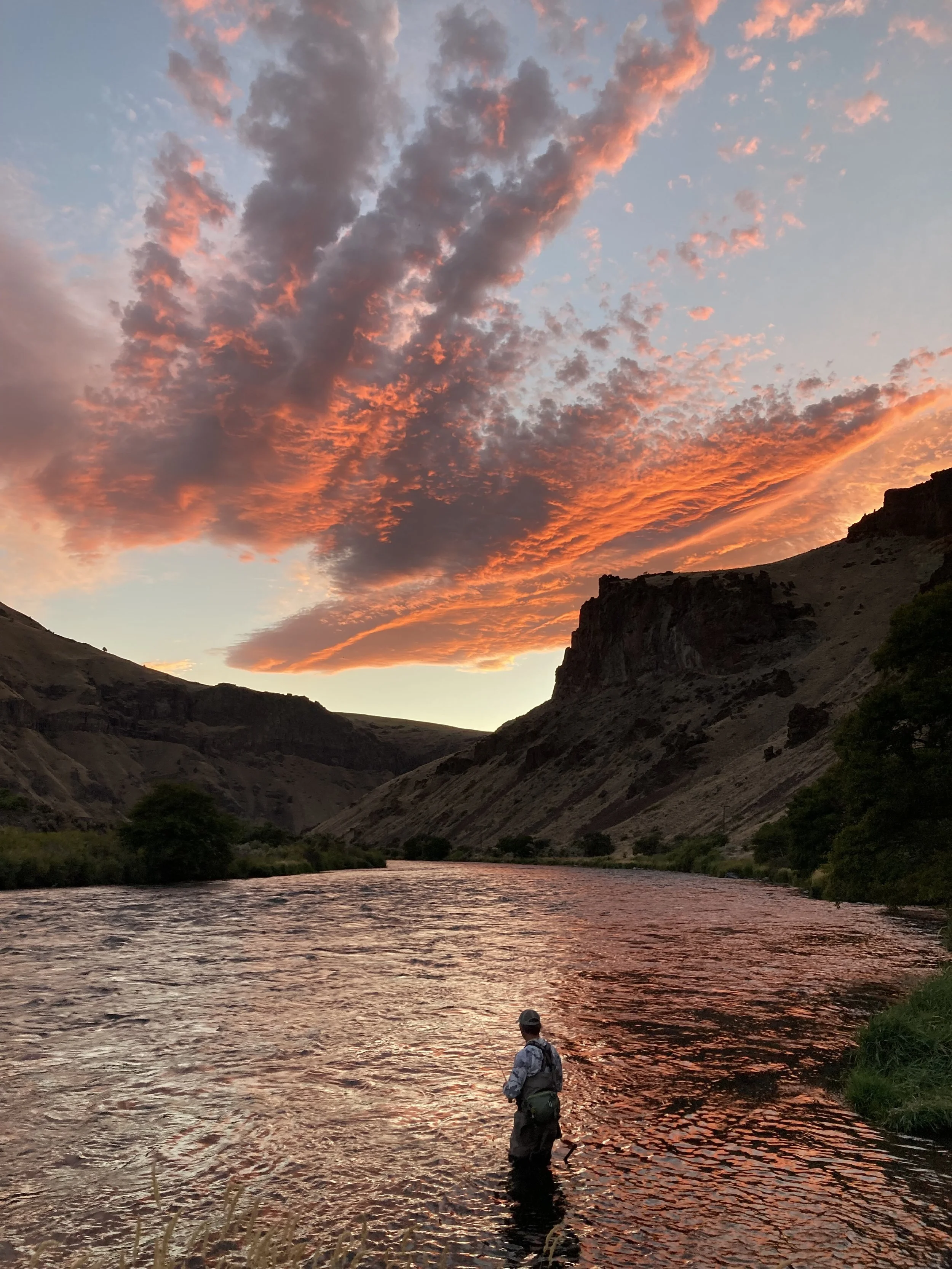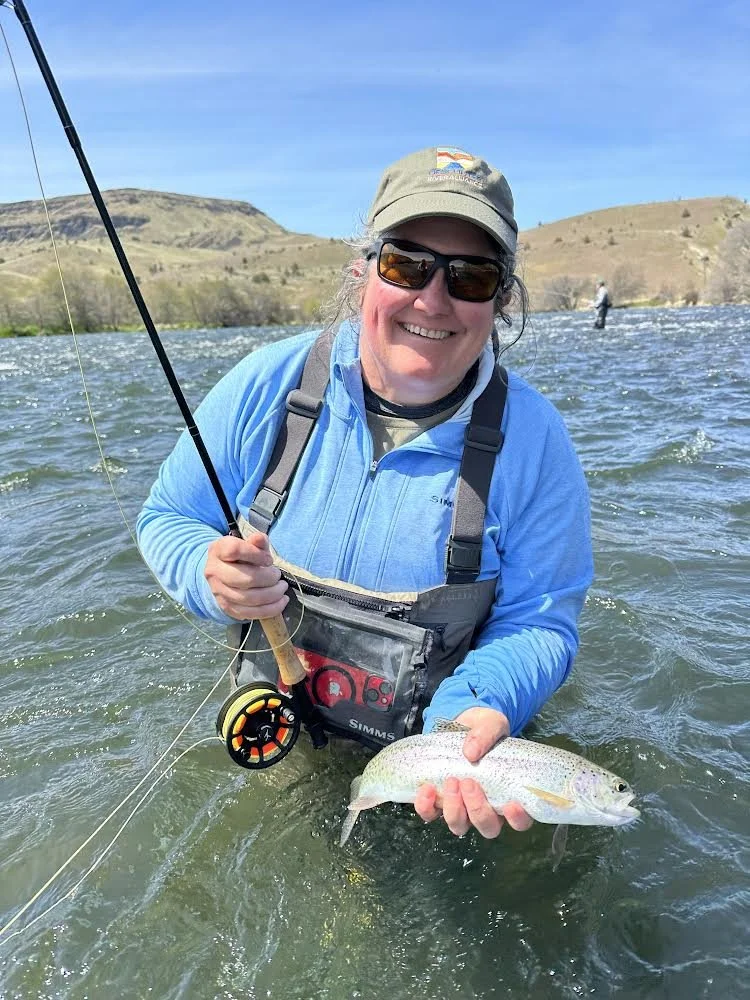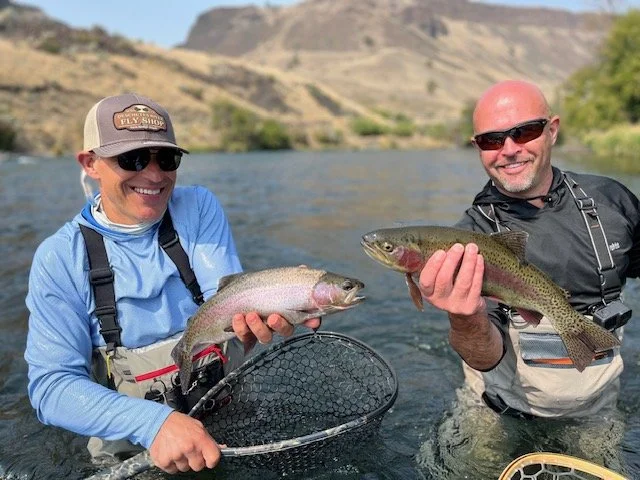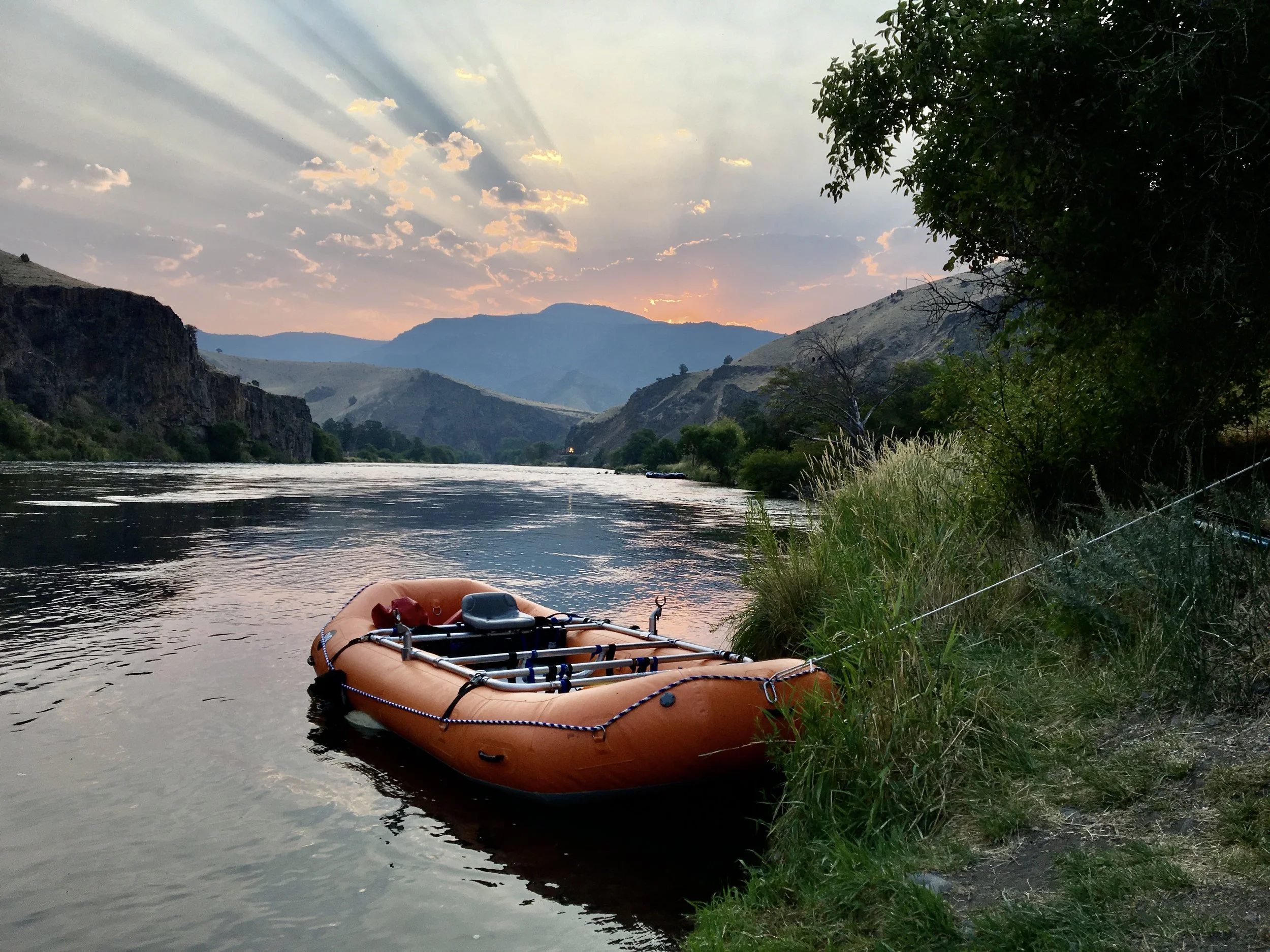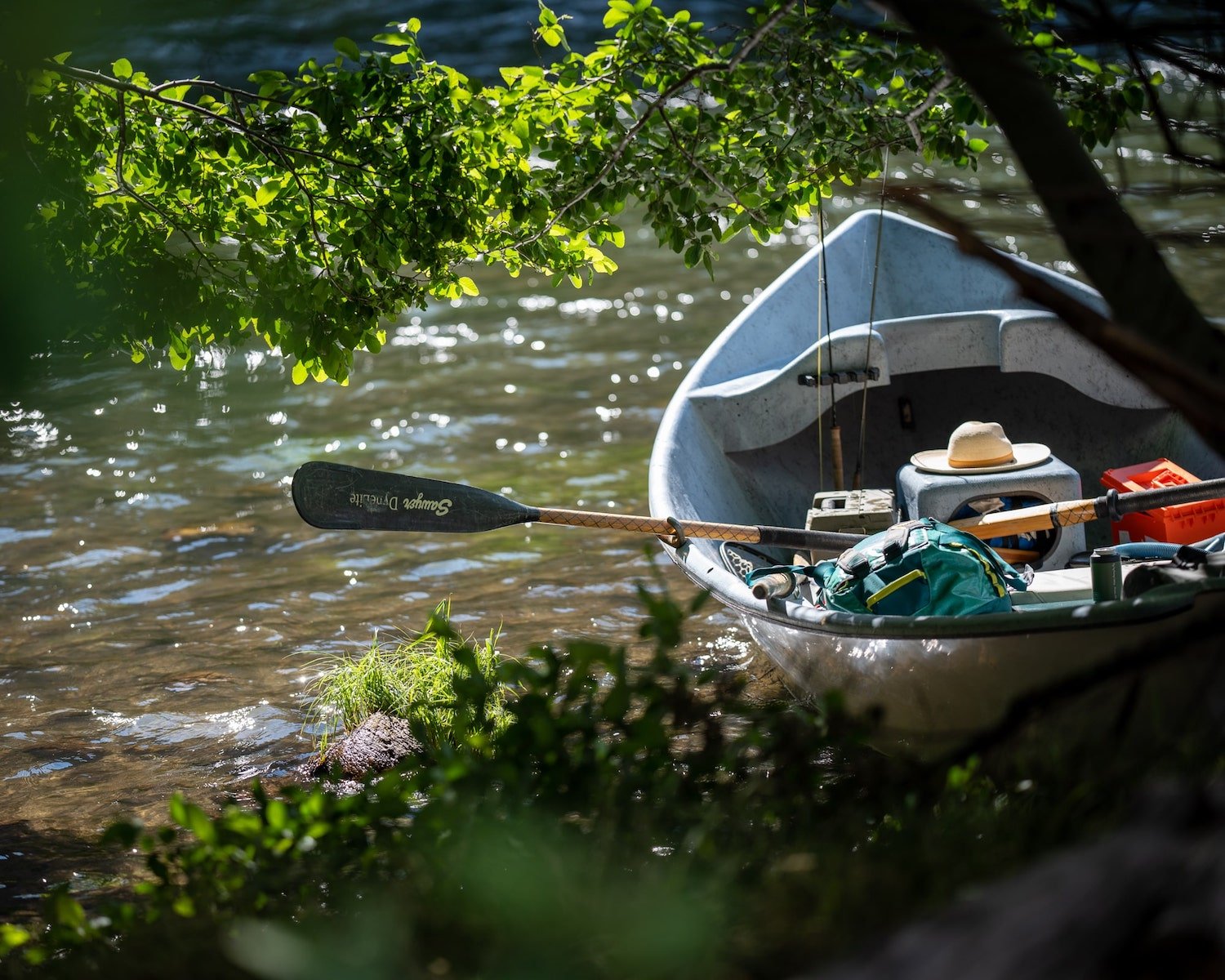Snail Mail: ESA Petition Filed to Protect Deschutes Water Quality
Exhibit A: the banded juga in its element.
DRA’s Science Cited in Filing
The Banded Juga (Juga Newberryi) is an aquatic snail that inhabits the lower Deschutes River. It requires cold clean water, the supply of which has been significantly reduced since the advent of Portland General Electric’s Selective Water Withdrawal Tower. Last week, The Center for Biological Diversity filed a petition to list the banded juga under the Endangered Species Act (ESA). In arguing its case under the auspices of ESA law, the petition cites some of the critical science the DRA has produced over the years, specifically, some excerpts from our 2021 water quality report.
The Endangered Species Act vs. PGE’s Delay, Obfuscation
The ESA contains some fairly stringent habitat protection provisions. But existing pristine waters are supposed to be protected by the federal Clean Water Act (CWA). The ESA petition on behalf of the banded juga rightly points out that compliance and enforcement of pertinent CWA standards on the lower Deschutes River has been sorely lacking. One of the ways that Portland General Electric (PGE) has managed to get away with badly bending, if not outright breaking CWA law is through delay and obfuscation in implementing some key conditions of its federal license to operate the Pelton Round Butte Complex. Titled the Water Quality Monitoring and Management Plan (WQMMP), this document spells out the specific ways in which PGE will measure and meet water quality standards. To be granted a federal license, the WQMMP must be approved–and enforced–by the relevant state agency, in this case the Oregon Department of Environmental Quality. The WQMMP, PGE, and DEQ together have something of a sordid history.
Selective Adherence to Water Quality Law
PGE’s game of cat-and-mouse with its WQMMP started not long after the SWW became operational. After it became clear that the Tower was falling short of the standards spelled out in its license, the company went to DEQ and asked for some relief. Behind closed doors, it negotiated a series of “interim agreements” with DEQ. that were a violation of the spirit, if not the letter of the law by substantially changing their permit, all the while circumventing public scrutiny.
First, DEQ relaxed the water quality standards spelled out in the WQMMP. While granting PGE an immediate solution to some of its water quality problems, this gave the indelible impression that DEQ’s enforcement powers had been all-too easily neutralized by a few simple overtures from PGE.
Next, that these agreements were signed, sealed and delivered without any notification to the public, nor any public meetings was a probable violation of Oregon’s public meetings law.
Last, these agreements also ran counter to the provisions in PGE’s federal license. Language describing “adaptive management” is sprinkled liberally throughout the section of the license pertaining to water quality. The phrase denotes a method of natural resource management in which policies can be quickly changed to meet rigid, high standards. The interim agreements flipped this script: high standards were lowered to meet rigid policy.
While the interim agreements quietly greenlighted PGE’s scofflaw behavior, PGE began signaling that it would begin work on a revised WQMMP. The state of Oregon, the company notes on a current page on its website, revised its water quality standards for temperature and dissolved oxygen in 2004. The new standards were “based on a better scientific understanding of the needs of salmonids.” Ergo, the 2002 standards under which the original WQMMP were written were outdated.
But a federal district court judged that the new, 2004 standards was not “better,” nor even adequate under existing law. DEQ, the court noted among its criticisms, could not just make a generalized commitment to protect salmonid spawning periods with cooler water, it had to specify when and where that cooler water was necessary. It also could not grant the number and scope of exceptions to specific water quality standards that had been baked into the new rules. A 2021 draft revised WQMMP, written by staffers at PGE, reflects the company’s clear intention to make nearly impossible any enforcement of standards into a condition of its federal license, which doesn’t expire until 2055.
Write the Governor
Back to the banded juga, the snail whose only home on earth is the lower Deschutes River: small wonder, then, that another conservation group has turned to the ESA for perhaps a more immediate road to relief. That law is viewed in legal circles as having less regulatory wiggle room than its sister federal conservation laws.
The intent of the ESA, as spelled out in the language of the law, is to restore and preserve whole ecosystems, not just individual species. In the aquatic ecosystem of the lower Deschutes River, the health and diversity of life has declined, due to the same factors affecting this unique snail.
In the meantime, the DRA and its thousands of supporters don’t want to wait on the drawn-out vagaries of a protracted court battle. The lower Deschutes River deserves relief now. Write Oregon’s Gov. Kotek, and demand that DEQ enforce water quality law.
More From The Blog
Subscribe the the DRA Newsletter
The Deschutes River Alliance is your focused voice to protect the lower Deschutes River, its cold water flows and the fish and wildlife that are sustained by them. We send regular emails with important data and news about the lower Deschutes River. We will not sell or loan your contact information to others.
How to Support the DRA
Everyone wants clean, healthy water in the Deschutes River. Oregonians cherish our clean and healthy waterways to provide drinking water, wildlife habitat and recreational activities. The lower Deschutes River is a federally designated Wild & Scenic River, and a national treasure. It must be protected for the environmental and economic health of Central Oregon. We believe by working together we can return the lower Deschutes River to full health.


